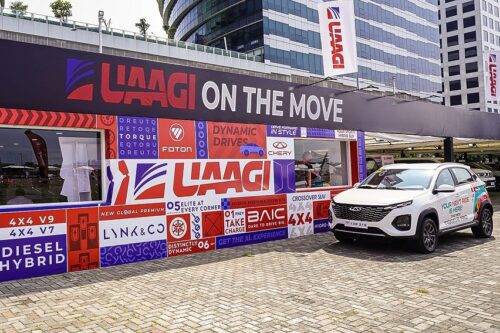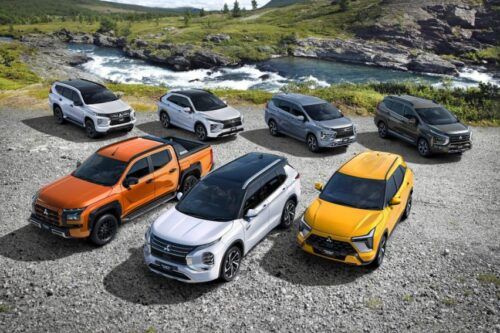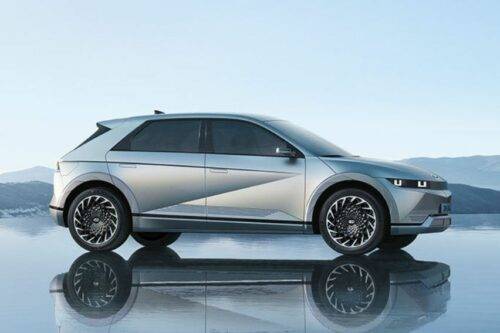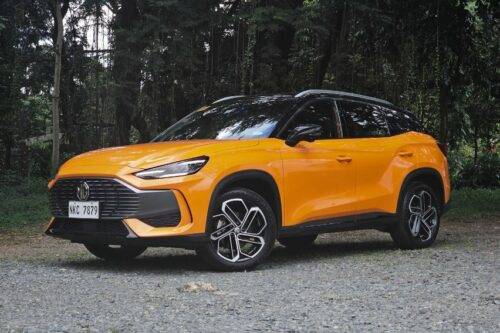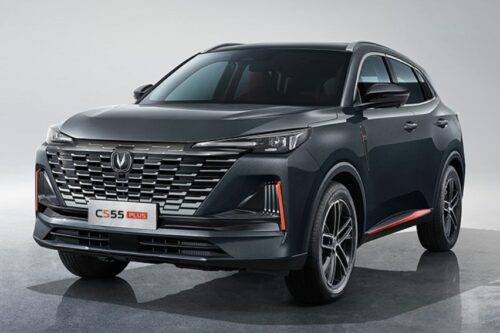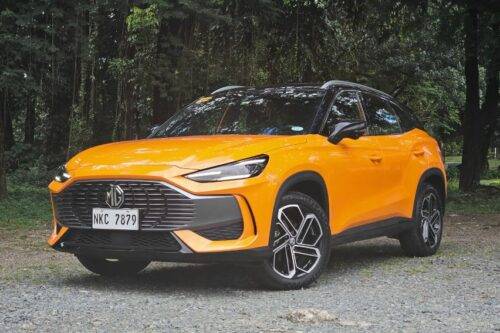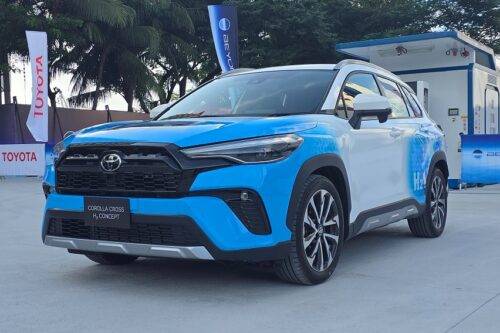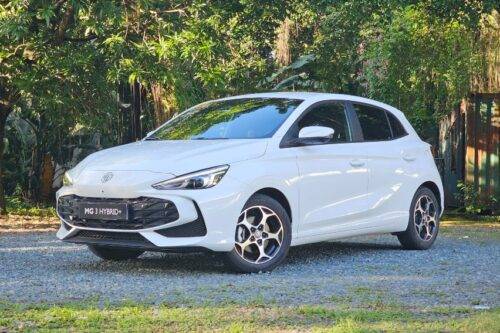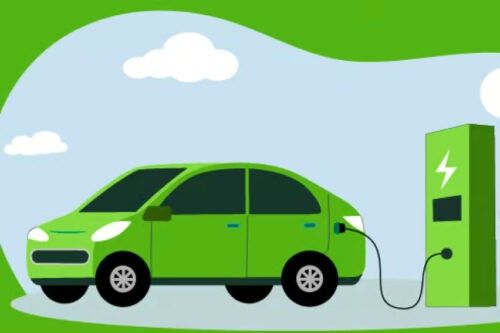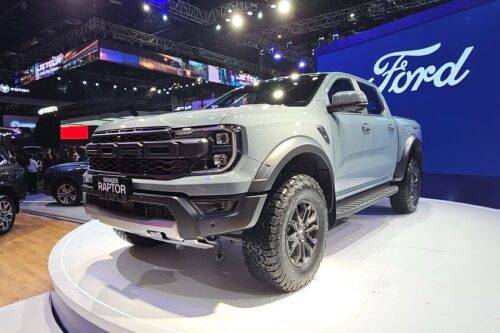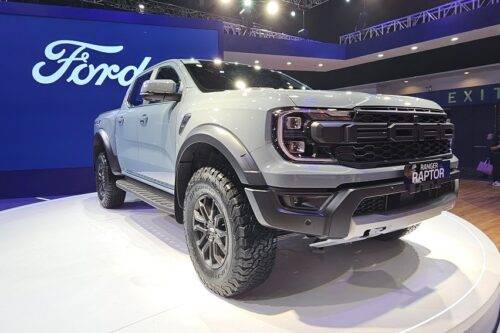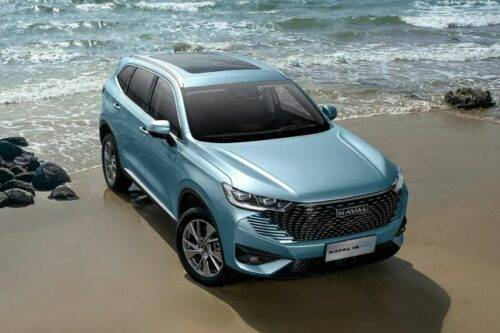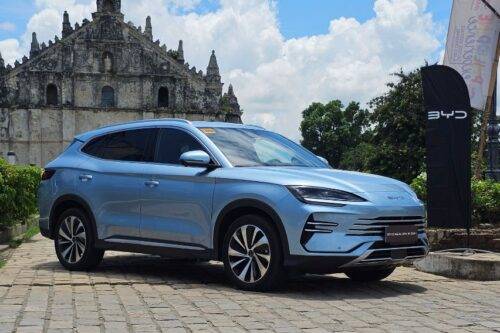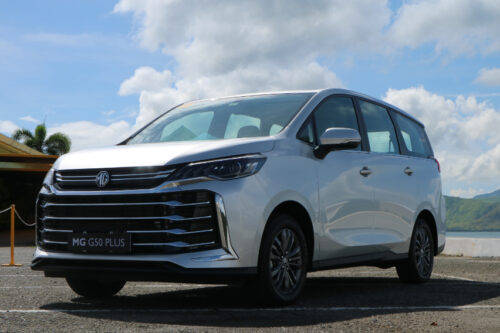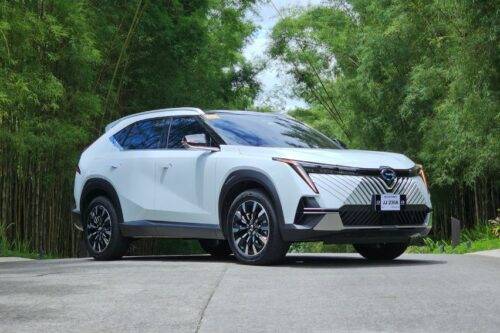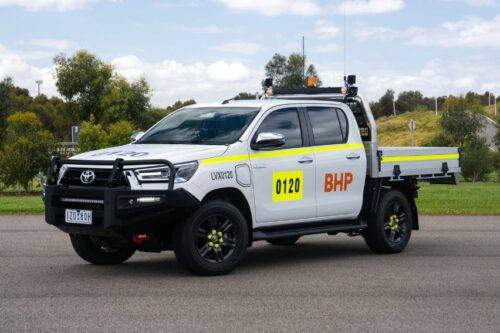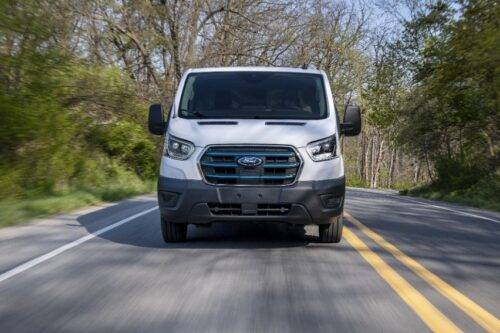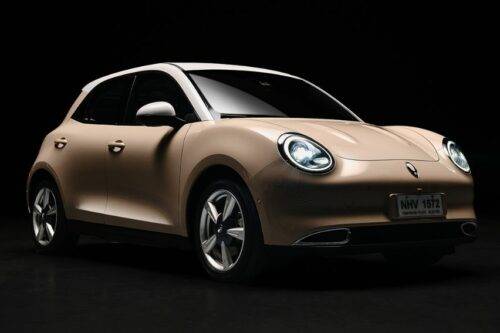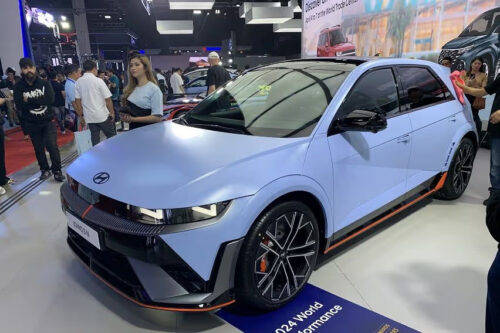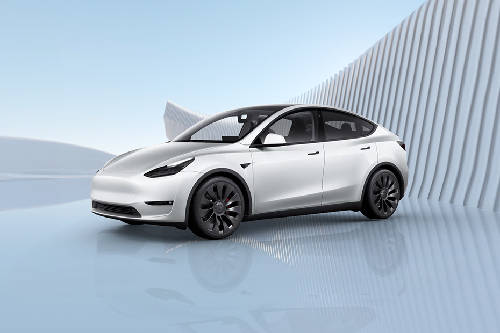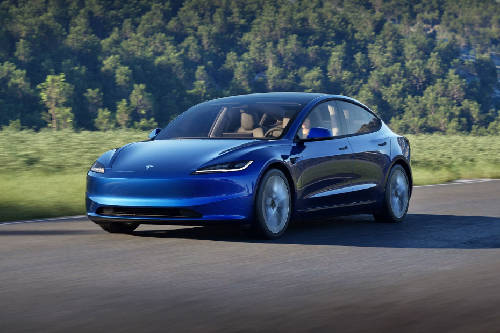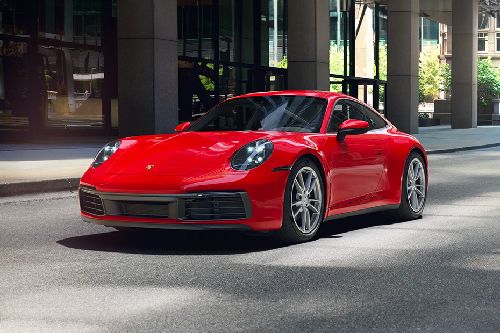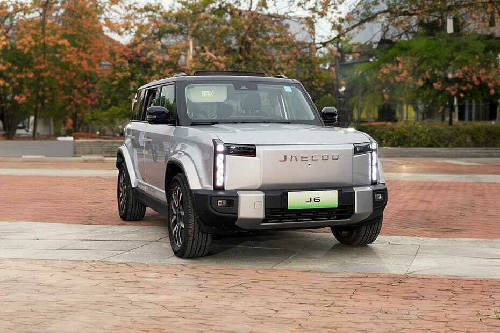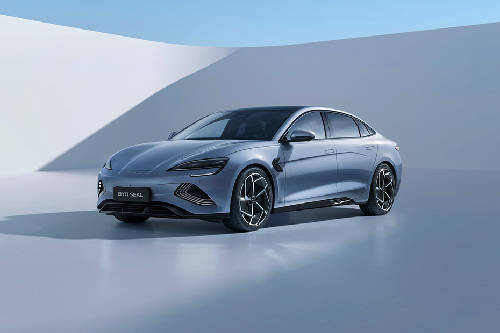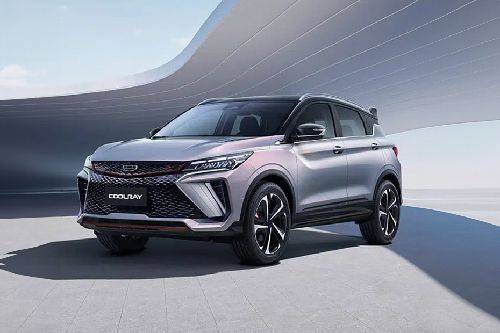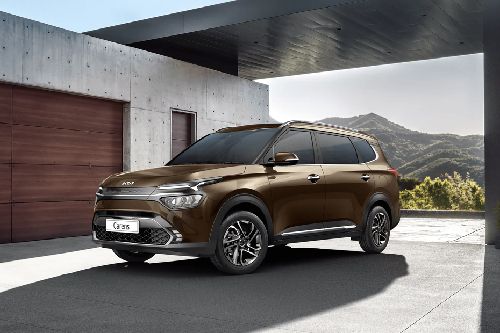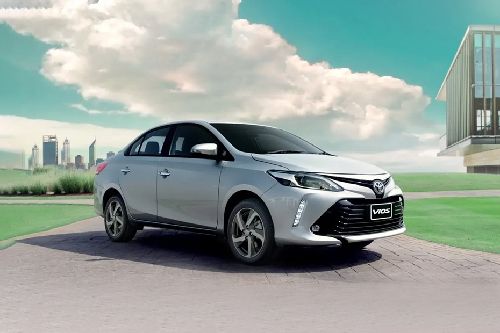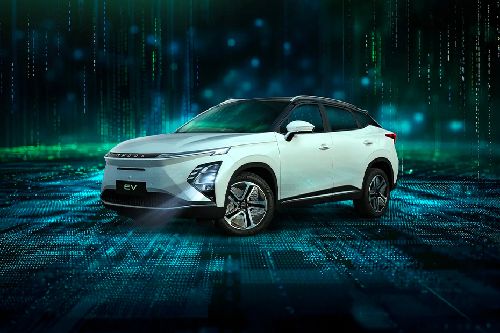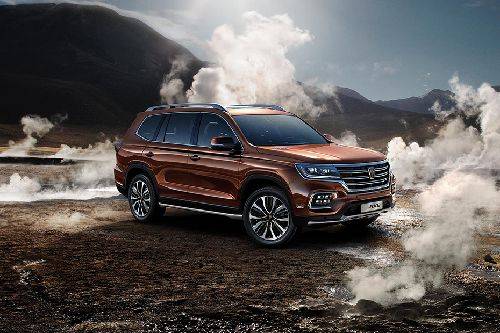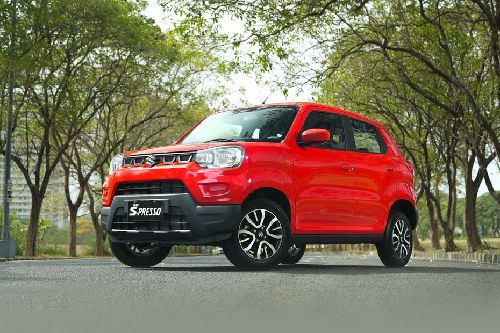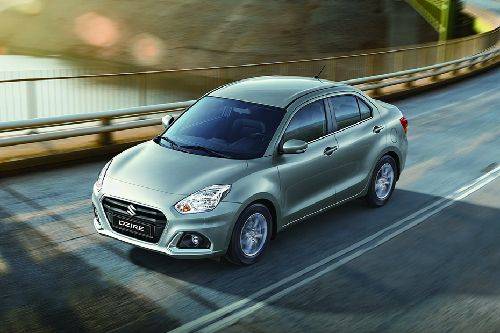7 Common electric car myths busted
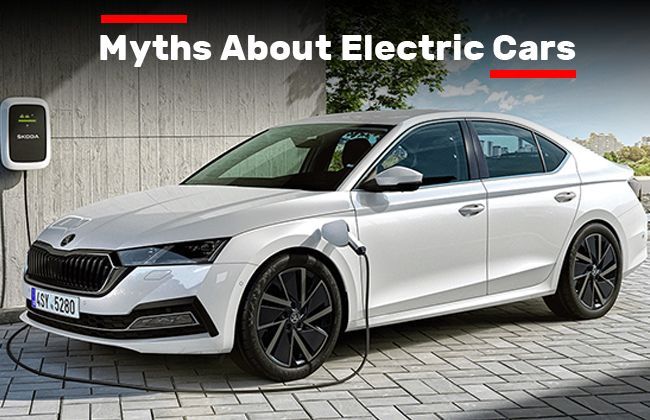
The first electric car, surprising as it may sound, was invented by Robert Anderson in 1832. The Scottish inventor’s crude electric carriage was powered by non-rechargeable primary cells. Almost two centuries later, electric vehicles (EVs) have now entered the mainstream production phase, amid increasing worldwide concerns about fossil fuel-powered vehicles. The public response towards electric cars so far has been largely lukewarm because of several myths surrounding them.
Here’s busting seven common myths about electric cars.
Myth 1: Lack of choice
With governments pushing for green energy all over the world, the EV market is expanding rapidly. Several leading automobile manufacturers are selling electric cars. Some have even announced that they will go fully electric in the next 7-10 years. South Korean automobile major Kia Motors has already introduced the long-range e-Niro sports utility vehicle (SUV), which returns a claimed mileage of 282 miles. The Kia Soul EV is also on its way. Manufacturers like Nissan, Tesla, Audi, Renault, Hyundai, Jaguar and Volkswagen have EVs in their portfolio. More all-electric cars are slated to be introduced by BMW, Peugeot, Vauxhall, Volvo, Mercedes, and Porsche in the next 12-15 months.
Myth 2: EVs are slow
Just the opposite. Almost all EVs can sprint from 0-62mph is much less time than petrol or diesel cars. The all-electric Tesla family EV, arguably the fastest car among its peers, can attain 0-62mph quicker than the Bugatti Chiron hypercar. The Jaguar I-PACE reaches 0-62mph faster that its F-type cousin, a V6 supercharged sports car. Even affordable EVs like the Nissan Leaf beats its stablemate, the Qashqai SUV hands down. The Kia e-Niro is almost the same nippy as the Ceed GT hatchback.
Myth 3: They are expensive
That they are. But the same applies for conventional cars as well. The price difference is beginning to narrow down with most governments granting subsidies to encourage the production of EVs. The Kia e-Niro, for instance, comes with a number of advanced technological features. Its price is almost the same as the top-level model of the Sportage SUV. With more companies about to start mass production of all-electric cars, the price of EVs is expected to come down further.
Myth 4: EVs run out of steam quickly
Things have radically changed in favor of EVs in recent times. Back in 2010, an EV managed to clock 70-100 miles on a single recharge. But thanks to advancements in engineering and technology, affordable electric cars today often return a mileage of 200-300 miles. The all-electric Tesla is one of the best cars in this regard, clocking a mileage of 375 miles on a single recharge. Even EVs with a lower capacity battery easily offers 100-200 miles, which is more than enough for daily commuting.
Myth 5: Charging batteries take too long
The charging time for EVs has come down drastically with the availability of new-generation batteries. Typical 7kW home electrical outlets can fully recharge a 64kWh battery in about nine hours. This can be done overnight without any daytime interruptions in work. EV owners say that plugging in the car in the evening and having a fully recharged battery in the morning is much more convenient than waiting in long queues at petrol stations while on the way to work. Fast charging stations can recharge up to 80 percent of an EV battery in less than 90 minutes.
Myth 6: EV batteries need a quick replacement
All rechargeable batteries degrade over time and lithium-ion units are no different. However, lithium-ion batteries are now more resilient to degradation even when rapidly charged, courtesy better discharge management. Most EV manufacturers offer 5-8 years of guaranteed performance on their batteries. Tesla has claimed that its Model S EV loses 10 percent battery capacity after 100,000 miles. The Nissan Leaf reportedly loses 24 percent battery capacity after 110,000 miles. All-electric car batteries are made up of a number of cells that can be replaced individually.
Myth 7: Catches fire easily in a crash
All cars are prone to fires during a crash. While lithium-ion car batteries can heat up and catch fire, so does petrol vehicles. Car battery packs have to conform to crash safety standards just like petrol powered cars. The US has 300,000 all-electric Tesla cars on the road that have been driven more than 7.5 billion miles with only 40 cases of reported fires. The same for petrol cars is 55 for every billion miles travelled.
Also Read: Electric vehicles FAQs answered
Sell your car at the best price
 Verified and genuine buyers
Verified and genuine buyers
PIMS 2024
- Latest
- Popular
You might also be interested in
- News
- Featured Stories
- Latest
- Upcoming
- Popular
Latest Car Videos on Zigwheels

Car Articles From Carmudi
- journal
- advice
- financing
- insurance






